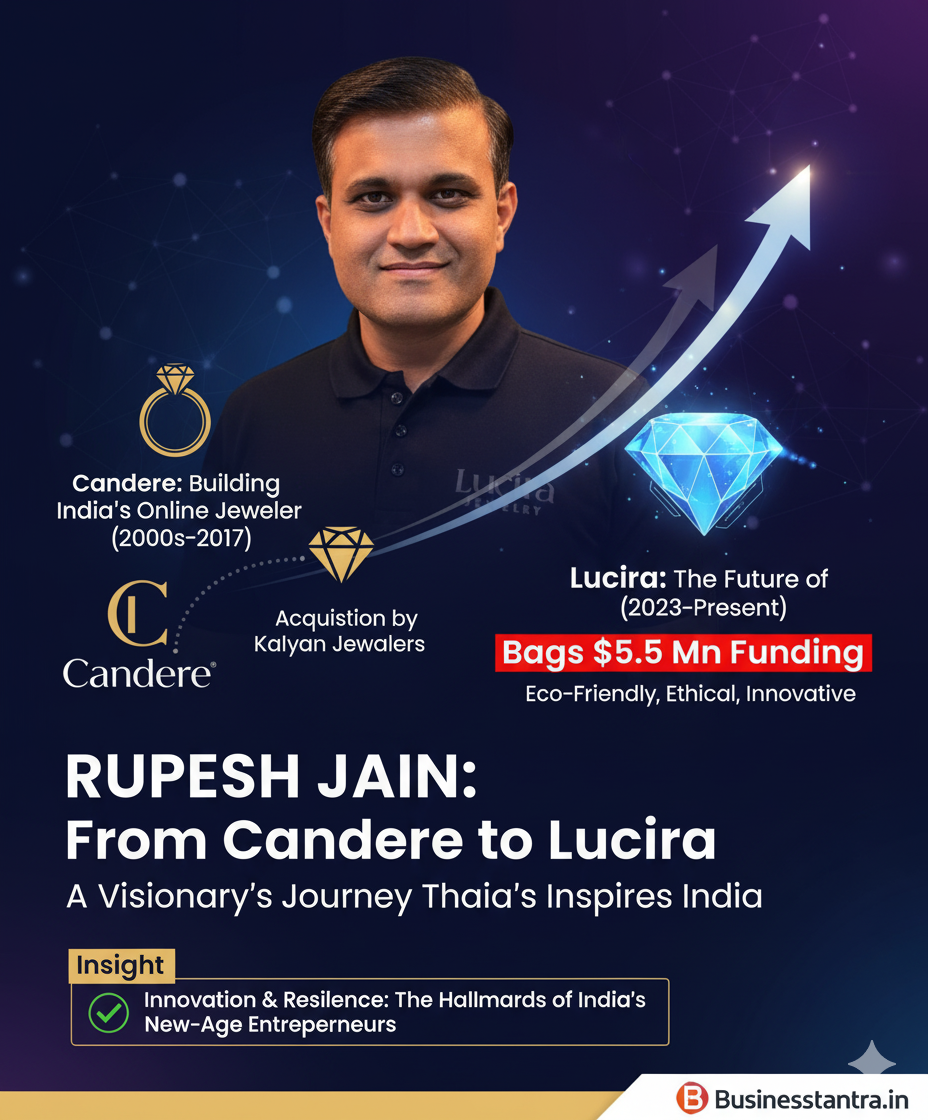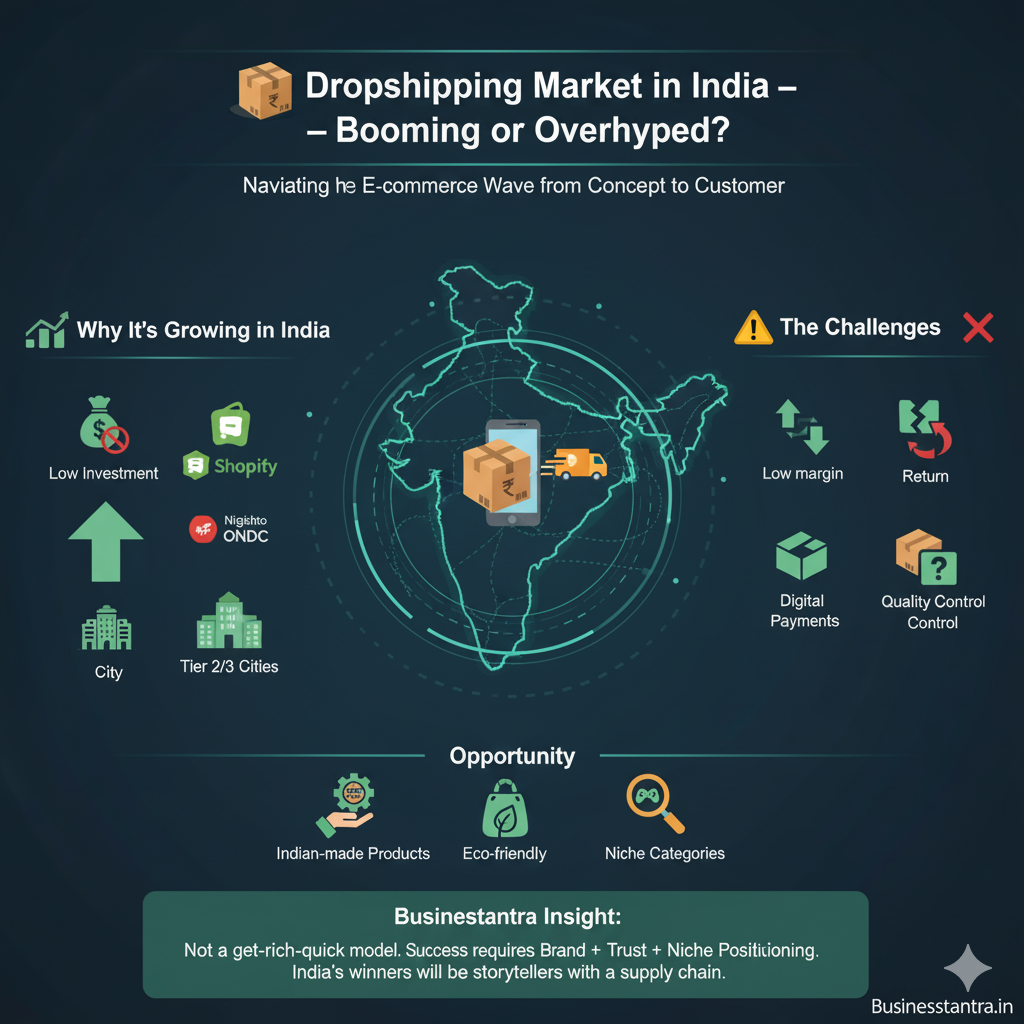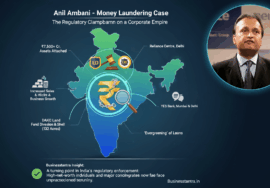ASTRO’s three female co-founders share their experience and advice
[ad_1]
It has gotten easier for female-founded companies to raise private capital in Southeast Asia, says Jessica Stephanie Jap. Her assertion comes from her experience as one of three female co-founders at Indonesian quick commerce startup ASTRO.
The company, which has raised $31.5 million in funding so far, was launched in 2021 by Jap and her four co-founders – CEO Vincent Tjendra, chief commercial officer Marcella Moniaga, chief of sourcing and merchandising Sherlyn G and operations VP Wandi Budianto.
In an interview for DealStreetAsia’s latest report on the gender funding gap in Southeast Asia, Jap, Moniaga and Sherlyn G talked about the challenges they have faced and their advice to other female entrepreneurs.
This interview has been lightly edited for clarity:
What challenges have you faced as women co-founders, and how did you overcome those?
Jessica: The biggest challenge that I’ve faced so far as a woman co-founder is the need to constantly balance my role in managing business and family. This balancing act was even trickier to manage at first when the pandemic came about and everything needed to be done within the premises of the home.
However, I am thankful to have the most supportive family, friends, colleagues, and team members whom I can share my responsibilities and struggles with; so when things get tough to balance, I can always rely on them to help relieve or share my burden (even on a temporary basis). Establishing a support system and maintaining a high level of trust/ open communication are some things that have helped me navigate this challenge so far.
Marcella: From what I’ve seen so far, the biggest challenge as women co-founders is, in fact, something that came from within. Our own conscious decision between fulfilling the most “potential role” as a mother and a successful woman with a good career. Pushing the boundaries to go all out in our career as well as stopping to question ourselves whether we have the capability to juggle both.
Speaking from experience, finding a good role model and having a supportive environment help a lot here. My previous boss was a mom of three who had been working in a top-tier management consultancy for 10 years. Looking up to her, I learnt that setting the right priorities and boundaries combined with confidence will help find the right balance.
Sherlyn: Society’s stereotype of women — that they may be better off taking care of the household rather than stepping up as a leader in the workplace.
In Southeast Asia, the view is super common. The mantra I believe in is “You will never please everyone around you.” Hence, it’s really about staying true to your purpose, so you don’t falter easily. A woman pursuing her goals does not equate to an inability to take care of a household. A woman can do both and do it well.
I’m grateful to have the right people – my spouse, family, co-founders – around me that I can always reach out to and who support every decision I make. It does make it so much easier.
How was your experience raising money from investors? Has it become easier for women-founded companies to raise capital?
Jessica: Raising money at first was very nerve-wracking and intimidating because neither my co-founders nor I have previously done it. However, I am thankful to have four other co-founding team members with different complementary skills to make a complex business model such as quick commerce work. When we all shared our vision with investors and how all five of us could make it work, it was a smoother sailing experience than what we could have imagined.
Nowadays, it has gotten easier for women-founded companies to raise capital because so many great women founders have successfully paved the way and shown us how it can be done.
Marcella: Although data might say differently, from my experience in startup and fundraising, there is no gender-biased environment for any discussion and decision-making process. This is also because of the past founders – both male and female – who have helped shape it in such a way.
However, it is definitely a one-of-a-kind experience whereby we are directed – in a good way – to push our limits, to validate and stress-test the concept that we have in hand. Very grateful to have my fellow co-founders Vincent, Jess, Wandi, and Sherlyn throughout the process as well!
Sherlyn: I think it has definitely been an eye-opener! I’ve learned so much more about fundraising as well as the whole industry of quick commerce itself, something my co-founders and I have never done before. Having the five of us together has been rewarding in so many possible ways, and I hope that our differences can only continue to complement one another and lead to greater opportunities ahead.
Over the past couple of years, I think there has been more focus on women-founded companies, which is great to see. I’d love to see more women co-founders learning from one another along the way.
What factors do you think hold back more women from founding companies in Southeast Asia?
Jessica: Societal pressure that is still apparent in Southeast Asia – and many other parts of the world – is the main factor holding back women from taking the leap of faith. Society demands women to be good wives and mothers first and foremost, before all else, which often pushes women to put their business or personal ambition in the back seat. Over time, this builds the perception that women are incapable or insecure to handle a critical role in an organisation. This also makes women sometimes question themselves whether or not they have the capacity to balance the focus on family and work even though the answer is a definite “Yes, they absolutely can!”
Marcella: Confidence and the perceptive ability to strike a balance between motherhood – planning to become one as well as being one – and entrepreneurship. If you are putting much effort into building your career, there has always been this societal pressure questioning how we can be good mothers if the majority of our time is focused on working. Instead of empowering, this has dampened the confidence of most women, leading them to shelve their dream to aim high in their career and have them consciously choose a safer career option.
Sherlyn: I think in Southeast Asia, a lot of women still face the pressure of choosing between building a family or a successful business. They are unconsciously forced by society to believe that they only have time for either or instead of both, and that is why it is holding them back from pursuing their passion.
I hope that as time passes, with the increasing number of women co-founders, others will be more encouraged to do the same and make the choice of their lives.
What would be your advice to budding female entrepreneurs?
Jessica: I think that everyone, regardless of their gender, seeking to raise capital from investors will need to do an honest self-introspection and see whether their skills set can cover all the factors that a business needs to succeed. If not, do not shy away from partners (regardless of their gender) who share the same vision and can help complete such factors.
Additionally, trust yourself, your vision, and how you think you can make it work and share/run it with passion.
Marcella: Balancing between career and womanhood can seem to be very time-consuming. But before anything else, first and foremost, you need to take care of yourself. Make sure you have allocated the time you need to de-stress, eat, sleep, and exercise well. Only then will you have enough capacity and energy to take care of your company and your loved ones.
Do not be afraid to actively find role models, seek advice and learn from them. Remember that empowered women empower women. If you have somehow made it, don’t be afraid to share it with other people as well.
Sherlyn: Always keep it real and trust the journey — find your own voice, your own style. And don’t be afraid of little failures. Someone once told me, “The faster you’d fail, the faster you’d win.” I’d like to pass that message forward. Everything will eventually happen at its own perfect timing, so most importantly, make it fun (at every step of the way)!
What would you like to say to readers of the Female Founders in Southeast Asia 2021 report?
Jessica: We have been very lucky to be connected to our investors – GFC, Lightspeed, AC Ventures, Goodwater, Accel, and Sequoia – so far, who from the get-go encouraged us just to be ourselves, tell our stories, and share our visions on how we would like to “take this to the moon.” Since then, they have been ever so supportive, constantly sharing their learnings, thoughts, and references to ensure that we have all the ingredients we need to succeed.
We hope that investors will continue to find and treasure even more talented and passionate women leaders across the region to help them build impactful businesses to make Southeast Asia thrive for generations to come.
Marcella: We are very grateful for all the support and trust that the investors have given us, despite the company being very young in age. Perhaps one thing that I’ve realised as we built ASTRO together is that the combination of two male and three female co-founders is a good balance as we complement each other.
Beyond skills and experience, leadership is also something that needs to be paired with empathy – something that the majority of women inherently have. It involves nurturing the team and empowering them to move ahead just like a mother towards her children.
Sherlyn: I appreciate the trust and support shown to ASTRO from the very start. It is amazing how fast we are growing, but this is just the beginning. We will continue to listen and improve to serve our customers even better in the years to come.
I am looking forward to celebrating more milestones together and learning from other women leaders along the way.
[ad_2]
Source link










